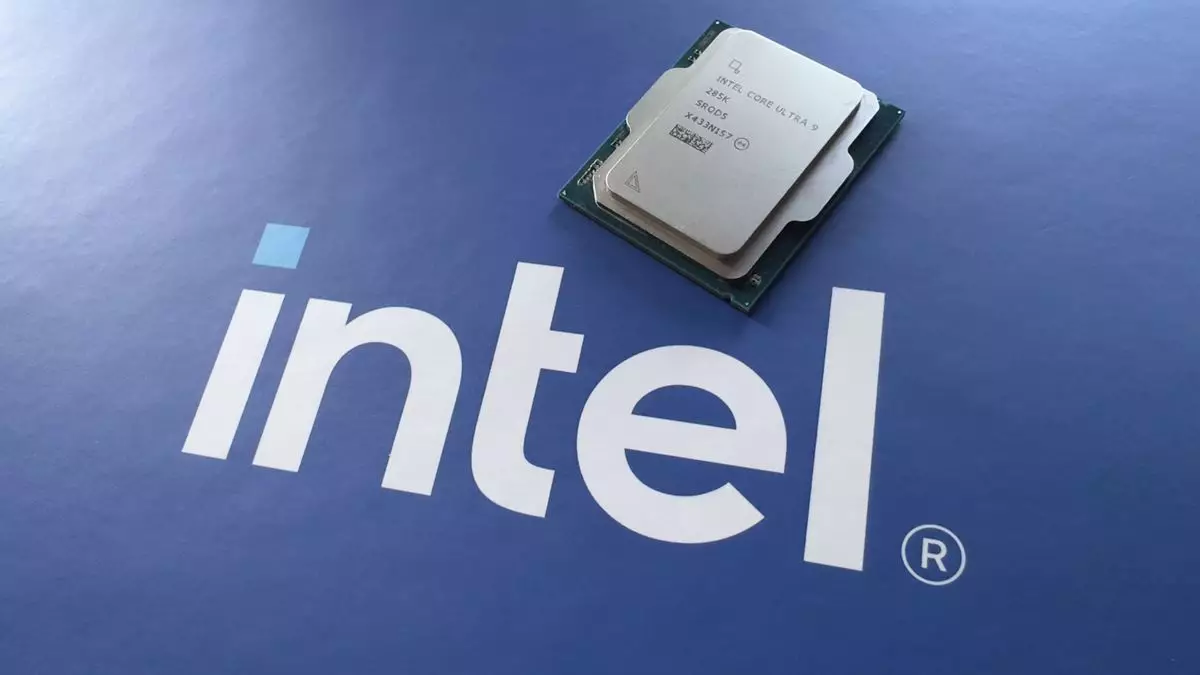Intel has introduced a groundbreaking feature known as Intel Performance Optimization (IPO), a paradigm shift in how enthusiasts approach CPU performance enhancement. Unlike traditional methods of overclocking that require extensive knowledge of BIOS settings and come with the inherent risk of hardware damage, IPO provides users with a streamlined, warranty-backed solution that aims to bridge the gap between standard CPU performance and manual overclocking. This advancement caters specifically to pre-built PCs, transforming the experience for users who might be intimidated by the complexities of performance tuning.
The IPO feature is currently available only in China, which raises questions about its future availability in global markets. Although the program is in its infancy, the potential implications for gamers and power users worldwide could be significant, prompting a wave of anticipation surrounding its future rollout.
Enhancing Performance without the Risk
One of the most compelling aspects of Intel’s IPO is the promise of elevated performance without jeopardizing hardware stability or longevity. As outlined by UNIKO’s Hardware, IPO not only overclocks the CPU and memory but also fine-tunes various components such as the ring bus and uncore, enhancing overall system responsiveness. For instance, the Intel Core Ultra 7 265K is reported to achieve impressive boosts, reaching 5.4 GHz for P-cores and enhancing DDR5 memory speeds from 8,000 MT/s to 8,400 MT/s. These fine-tuned adjustments represent a thoughtful approach to maximizing the chip’s capabilities while minimising the risks typically associated with aggressive overclocking attempts.
The stability claims accompanying IPO profiles lend credibility to this optimistic blueprint. By providing predefined settings that have been laboratory-tested for stability, Intel is targeting not just hardcore gamers but also casual users who want to capitalize on increased performance without delving deep into technical adjustments. This accessibility could prove pivotal in expanding Intel’s foothold in markets dominated by companies offering more user-friendly performance solutions.
Performance Gains Amidst Fierce Competition
While a reported 10% increase in in-game frame rates compared to stock settings may not seem revolutionary at first glance, it is noteworthy in today’s highly competitive environment. Competitors like AMD are pushing the envelope with innovative CPUs such as the 9800X3D, and any additional performance advantage—even if modest—could sway potential buyers towards Intel products. In an age where overall performance improvements are often incremental, a simple “set it and forget it” performance upgrade could be a game changer for users who become increasingly reliant on gaming performance for entertainment and professional needs alike.
Moreover, as Intel seeks to navigate the reputation challenges posed by its recent CPU generations, the IPO may play a significant role in rejuvenating confidence in Intel’s engineering prowess. If the IPO lives up to expectations, it could help replace skepticism with enthusiasm among gamers and PC builders.
Future Implications and Global Rollout
As it stands, Intel’s IPO is more than just a performance upgrade; it is a potential paradigm shift in how users engage with and influence their hardware’s capabilities. The fact that this feature is restricted to China raises questions regarding availability in the broader market. If successful, Intel must capitalize on this momentum and leverage IPO to maintain a competitive edge against the like-for-like performance enhancements of AMD and the growing influence of innovative products from other tech companies.
Intel’s Performance Optimization system heralds a new frontier in overclocking. Its promise of performance gains without the hefty knowledge prerequisites and risks associated with traditional methods could redefine user engagement with hardware. As users continually look for a technological leg up, the success of IPO could very well signal a renaissance for Intel in the realms of gaming and high-performance computing. If embraced globally, it could reshape the landscape of personal computing in profound ways.

